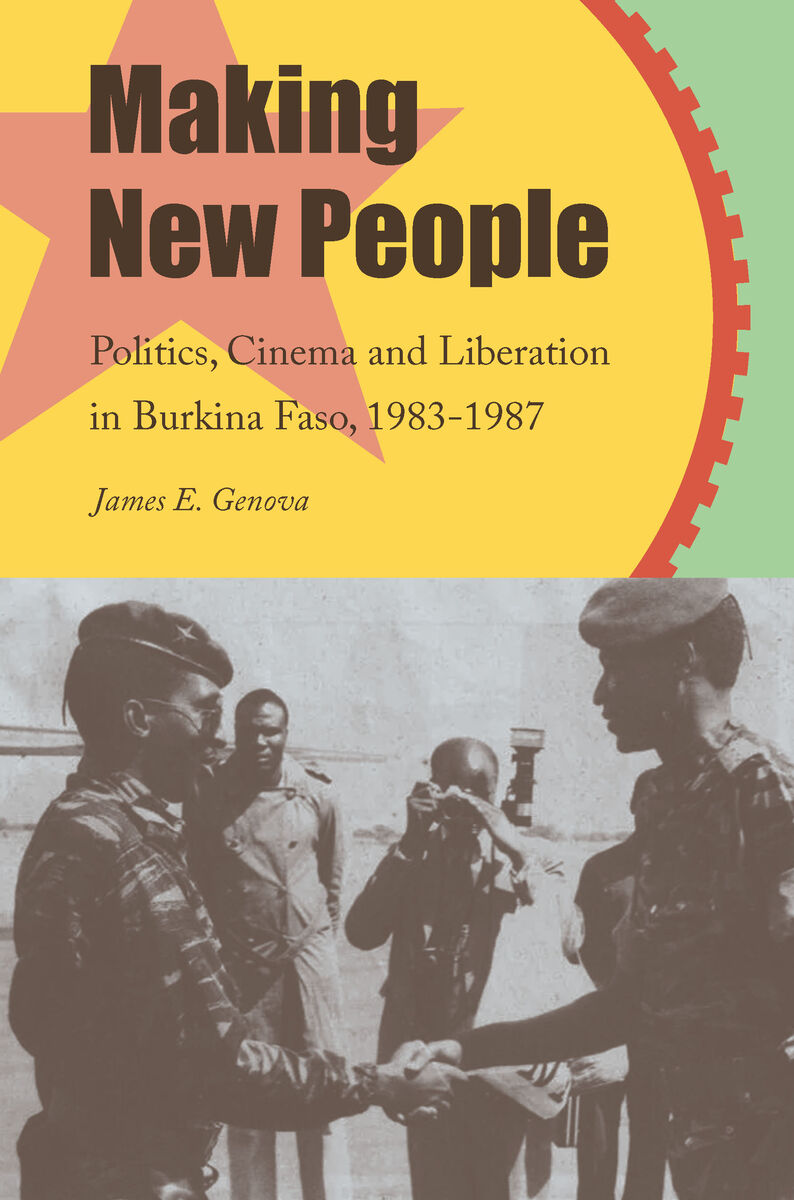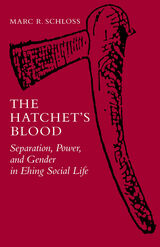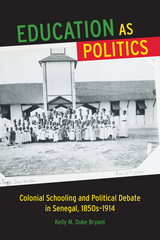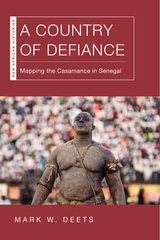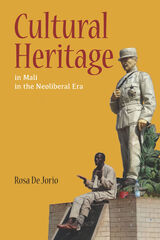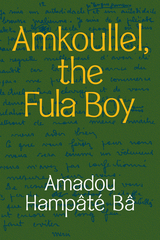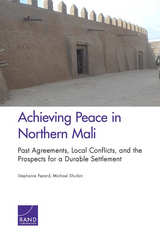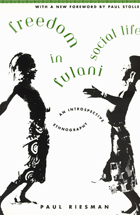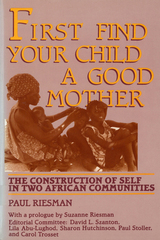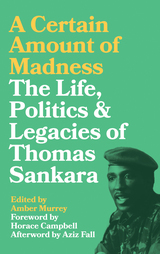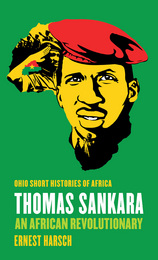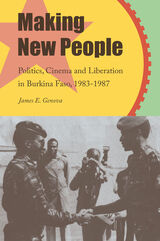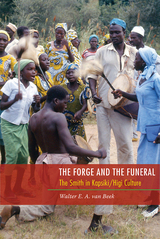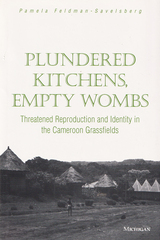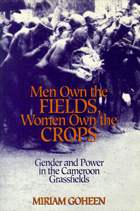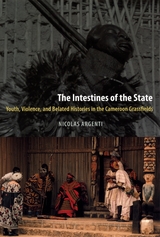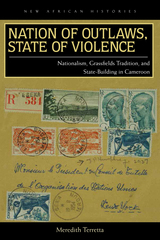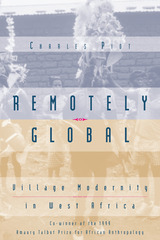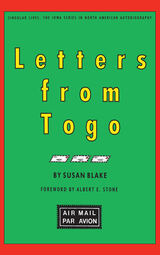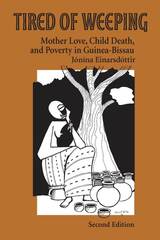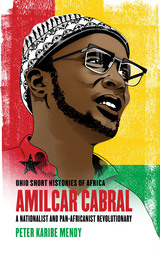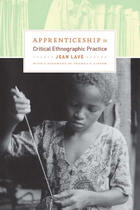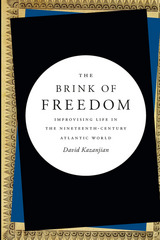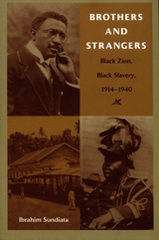Making New People: Politics, Cinema, and Liberation in Burkina Faso, 1983–1987
Michigan State University Press, 2022
Paper: 978-1-61186-439-7 | eISBN: 978-1-62895-477-7 (ePub NK) | eISBN: 978-1-62896-471-4 (Kindle) | eISBN: 978-1-60917-709-6 (PDF)
Library of Congress Classification DT555.835.G46 2022
Dewey Decimal Classification 966.25053
Paper: 978-1-61186-439-7 | eISBN: 978-1-62895-477-7 (ePub NK) | eISBN: 978-1-62896-471-4 (Kindle) | eISBN: 978-1-60917-709-6 (PDF)
Library of Congress Classification DT555.835.G46 2022
Dewey Decimal Classification 966.25053
ABOUT THIS BOOK | AUTHOR BIOGRAPHY | REVIEWS | TOC | REQUEST ACCESSIBLE FILE
ABOUT THIS BOOK
On August 4, 1983, Captain Thomas Sankara led a coalition of radical military officers, communist activists, labor leaders, and militant students to overtake the government of the Republic of Upper Volta. Almost immediately following the coup’s success, the small West African country—renamed Burkina Faso, or Land of the Dignified People—gained international attention as it charted a new path toward social, economic, cultural, and political development based on its people’s needs rather than external pressures and Cold War politics. James E. Genova’s Making New People: Politics, Cinema, and Liberation in Burkina Faso, 1983–1987 recounts in detail the revolutionary government’s rise and fall, demonstrating how it embodied the critical transition period in modern African history between the era of decolonization and the dawning of neoliberal capitalism. It also uncovers one of the revolution’s most enduring and significant aspects: its promotion of film as a vehicle for raising the people’s consciousness, inspiring their efforts at social transformation, and articulating a new self-generated image of Africa and Africans. Foregrounding film and drawing evocative connections between Sankara’s political philosophy and Frantz Fanon, Making New People provides a deeply nuanced explanation for the revolution’s lasting influence throughout Africa and the world.
See other books on: Burkina Faso | Cinema | Liberation | Revolutions, Uprisings & Rebellions | West
See other titles from Michigan State University Press
